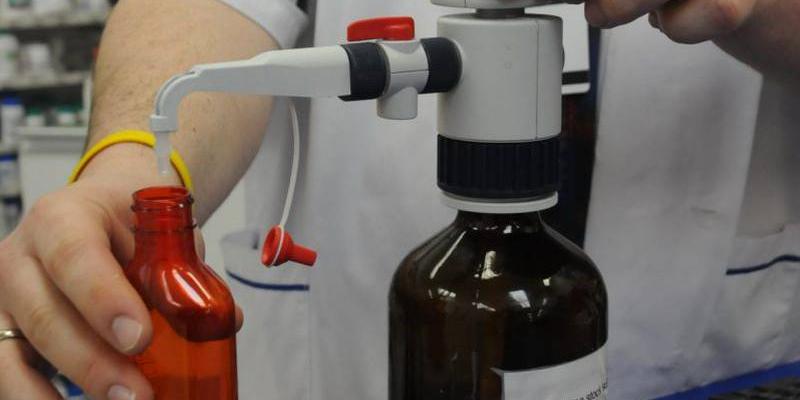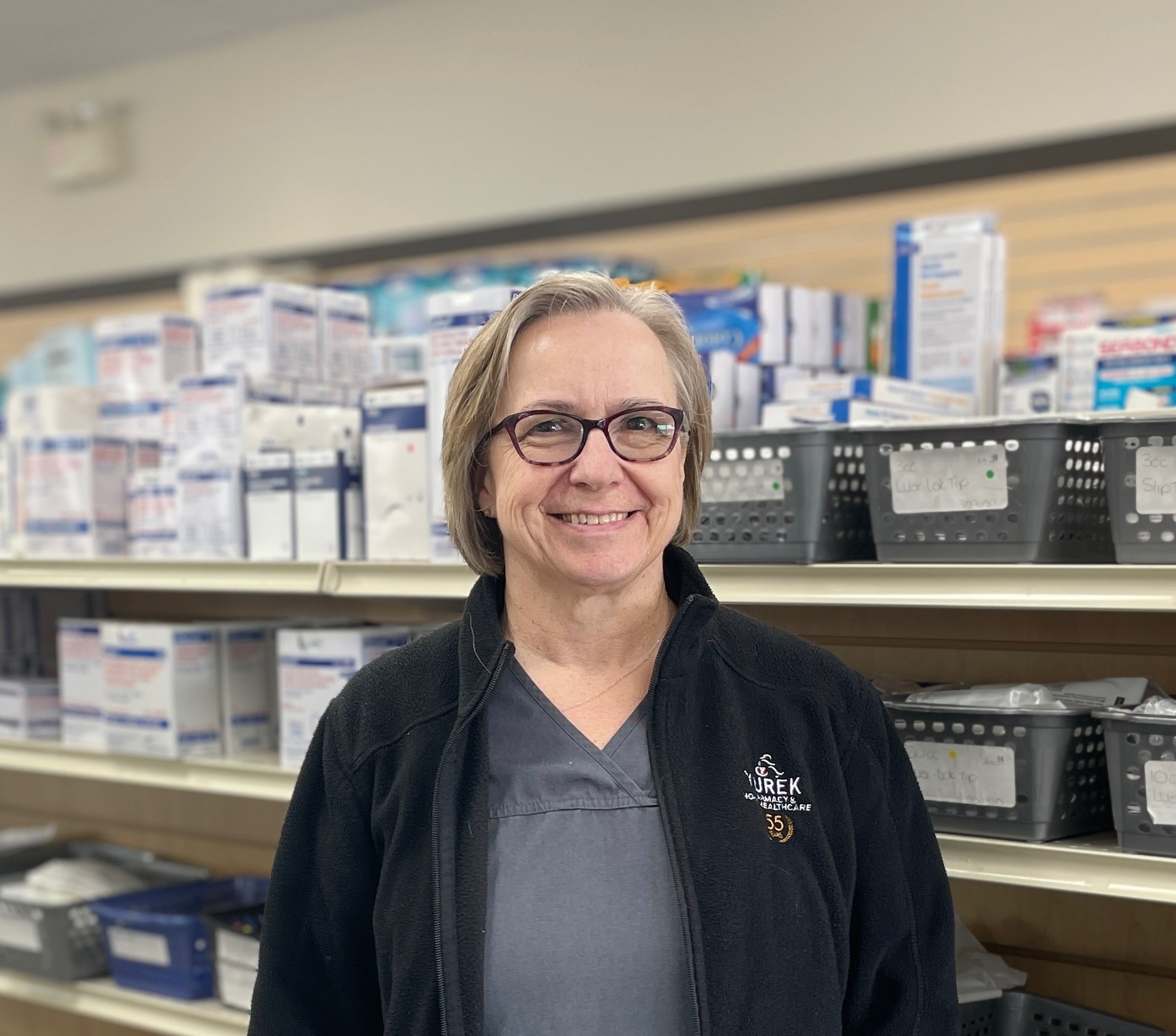So, you go your local pharmacy, and you see a client drinking a cup of orange juice. They politely say thank you and leave. Since the 1960s, methadone has been used to help people with a condition known as Opioid Use Disorder (Opioid dependence/addiction) and also for pain. Methadone is available through specialized drug treatment clinics or it may be prescribed by family physicians with specialized training and dispensed by community pharmacists. When dispensed for dependence, pharmacists dilute the medication in orange juice to mask the bitter taste and help prevent diversion.
Methadone can be used to replace the opioid drug on which a person is dependent. It prevents withdrawal symptoms and cuts down on the person’s drug cravings. It does not have a euphoric effect (a “high”); however, it does block the effect of opioid drugs, so it makes the idea of using those drugs much less attractive. Using methadone allows opioid dependent people to stabilize and improve their lives and overall health. This is a harm reduction approach to opioid addiction, allowing people to reduce or eliminate the harmful consequences of their addiction. For example, by taking methadone daily, people can reduce their risk of developing infections such as HIV and Hepatitis as well as the harmful acts involved in acquiring narcotics by illegal means. Not all opioid addictions are to illegal drugs; some people become dependent on prescription painkillers. Opioids can affect any person who uses them. It is important to remember this and be cautious on the terminology we use. Terms like “Addicts” or “Druggies” are harmful and degrading. People who use methadone are said to be “in recovery” and it is only part of the solution. Counselling and life changes can also help the process. Support and understanding are crucial to a successful recovery.
People stay on methadone as long as they need to. Some healthcare providers promote short-term methadone detoxification, where the dependent person is stabilized on methadone and then tapers off using it over the next one to six months. Others may stay on it for up to twenty years. Whether short-term or long-term, research has shown that methadone maintenance is one the most effective treatment for opioid dependence. So now you know what’s in the juice and I hope you have a better understanding of, and compassion for, those dealing with opioid use disorder. Take care of yourselves and each other.








